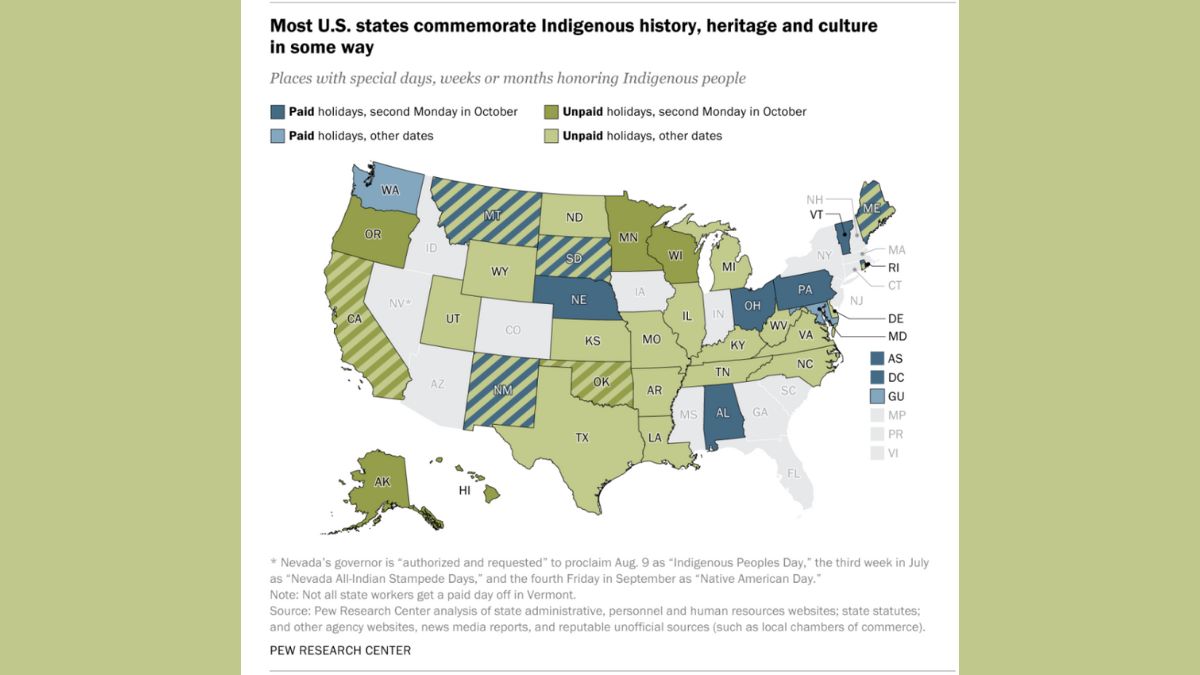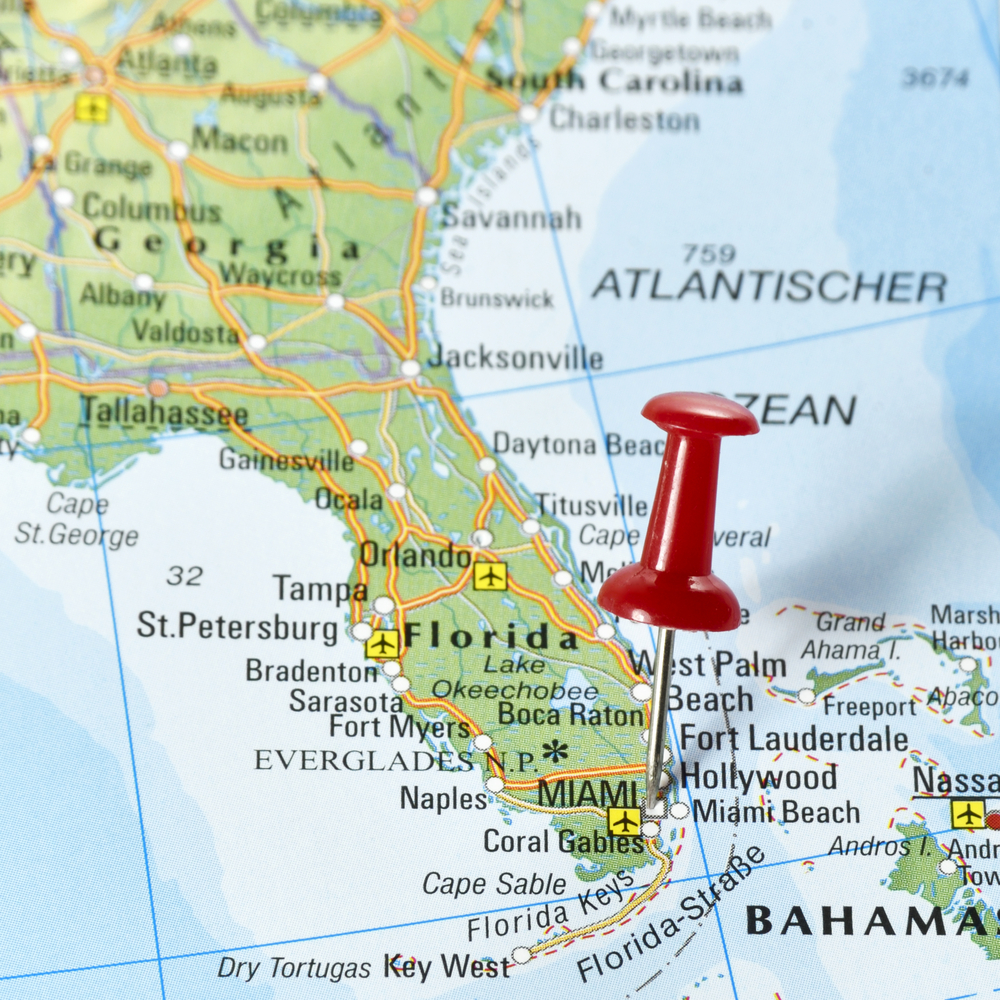Here’s a question you’re bound to hear from your child if they happen to live in a city where students have to go to school on Columbus Day: “If Columbus Day is a federal holiday, why do I have to go to school?”
It’s actually a fair question — one many parents and teachers have asked for years. The confusion comes from how inconsistently the holiday is observed across the United States. In 2025, Columbus Day falls on Monday, October 13, and like every year, what’s open and closed can vary wildly depending on where you live.
Why Columbus Day Causes So Much Confusion
Columbus Day is one of those unique holidays that doesn’t behave like other federal holidays. When you think of Veterans Day or Memorial Day, for instance, schools across the country almost always close. But with Columbus Day, the situation isn’t so straightforward.
Although it’s a federal holiday, meaning federal employees get the day off, the same rule doesn’t automatically apply to state and local employees, including public school workers. As a result, schools can decide for themselves whether to close or remain open.
That’s why in some towns, kids are home watching TV, while in others, they’re sitting in homeroom.
Federal vs. State Holiday: The Legal Difference
Here’s the key: A federal holiday only guarantees time off for federal employees. It doesn’t require state governments or local school districts to follow suit. Each state determines whether to recognize the holiday officially, and school districts set their own calendars accordingly.
For example, even though Columbus Day is recognized nationally, states like Hawaii, Alaska, Vermont, and Maine no longer observe it as Columbus Day at all. Instead, they’ve replaced it with Indigenous Peoples’ Day or a similar observance. That shift affects how schools treat the day—some close to honor the new holiday, while others remain open for classes.
States That Don’t Recognize Columbus Day

In 2025, more states than ever have moved away from Columbus Day in favor of Indigenous Peoples’ Day or an alternative name.
South Dakota celebrates Native American Day as an official state holiday.
Hawaii observes Discoverers’ Day, honoring Polynesian explorers.
Maine, Minnesota, Vermont, and New Mexico have replaced Columbus Day with Indigenous Peoples’ Day statewide.
California does not officially recognize Columbus Day as a state holiday, meaning schools and state offices typically remain open.
Even within states that do still recognize Columbus Day, local governments sometimes chart their own course. Cities like Seattle, Minneapolis, Los Angeles, and Denver all celebrate Indigenous Peoples’ Day instead, regardless of state designation.
Why Some Schools Choose to Stay Open
School calendars are created months in advance, and each district decides which holidays to observe. Some schools stay open on Columbus Day to balance the academic calendar, preferring to take longer breaks during Thanksgiving or spring.
Others simply don’t close because their state doesn’t recognize the day as a paid holiday for teachers and staff. Meanwhile, districts in areas that emphasize Indigenous Peoples’ Day might stay open but use the day for lessons about Native American history and culture instead of giving students a day off.
How to Know if Your School Is Closed
Because there’s no national rule, the only way to know for sure is to check your district’s academic calendar. Most schools post their schedules online months before the start of the school year. Local news outlets and district social media pages often post reminders as the holiday approaches.
If you’re still unsure, a quick call or email to your child’s school can confirm whether classes are in session on Monday, October 13, 2025.
It All Depends on Your Local School District
Whether schools are open or closed on Columbus Day depends entirely on where you live and how your local school district treats the holiday. In some places, it’s a day of rest. In others, it’s business as usual.
Either way, it’s a reminder that not all federal holidays function the same—and that local control still plays a major role in how America observes its history.
What to Read Next
Are You Secretly Liable for Your Grandchild’s School Loan?
5 Tips for Keeping Your Child Engaged and Social While School is Out
22 Unbelievable Historical Facts That Weren’t Taught in School
How Much Cash Is Appropriate To Give for A High School Graduation Gift in 2025?
Financial Adulting 101: What They Should’ve Taught You in School
























